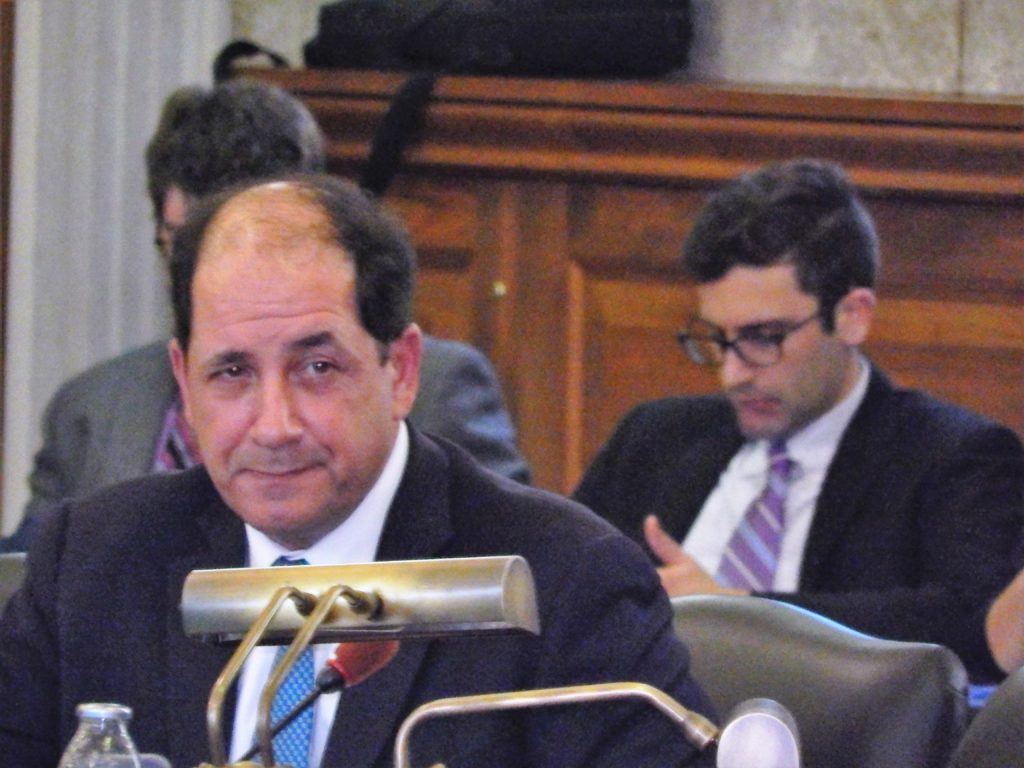Emergencies are not the Time for OPRA Darkness

If the first casualty of war is indeed truth, we can probably conclude that in New Jersey, the first casualty of a pandemic is transparency.
Shortly after the pandemic broke, the Legislature made it harder for taxpayers to get public information from their government. That was accomplished by doing away with the requirement that public bodies respond to requests under the Open Public Records Act, or OPRA, in seven business days or less. Doing away with the seven-day mandate was allegedly necessary because many public employees were not working from their offices.
The revised law suggests that instead of the seven day mandate, officials should reply to the OPRA request "as soon as possible thereafter." Of course, that can be construed to mean never.
And then there is the Emergency Health Powers Act dating back to 2005.
Gov. Phil Murphy has used the act as the imprimatur for many of his executive orders related to the pandemic. And by many accounts, properly so. As of today, New Jersey is handling COVID-19 better than many other states and the governor's approval ratings are quite good.
Yet, this act also has been used by the administration to justify shielding what should be public information. By any logical interpretation, keeping the public informed is paramount in an emergency.
Those who have followed government business in New Jersey for a long time are likely cynical about all this. They have learned over the years that many lawmakers prize confidentiality even if they sometimes say they don't. So, a pandemic can serve as a convenient excuse to weaken OPRA and to withhold information.
Fortunately, we are seeing push back from both sides of the aisle.
State Senators Loretta Weinberg and Joseph Vitale, both Democrats, have introduced legislation to make many records created during a health crisis subject to OPRA. There would be exceptions for personal information.
Weinberg said in a statement that "emergencies are not the time for darkness," noting that non-disclosure leads to suspicion and mistrust. No kidding.
For his part, Vitale said there's no reason to have such democratic principles as open records laws if we do not adhere to them in a crisis.
This may be very good legislation, but if OPRA's seven-day response mandate has been suspended, it still would be easy for records to be withheld.
That's where another bill by Republican Assemblywoman Aura Dunn comes in. She wants to restore the seven day response mandate for OPRA.
Dunn - like all other lawmakers - supported eliminating the mandate back in March. But she says things have changed.
"Six months in, we should be fully operational," she said of current government operations.
It's a valid point. In recent months, many levels of government have found ways to function. They should be able to find ways to get, say, budget documents, police contracts, or other information, to members of the public who want them.
What happens now remains to be seen.
It is troubling that Murphy has seemed less than fully committed to transparency - at least for now.
The governor has been periodically asked about OPRA issues at his briefings. His standard reply is that he has nothing to say about the subject.
The good news is that some lawmakers want to have a say.





